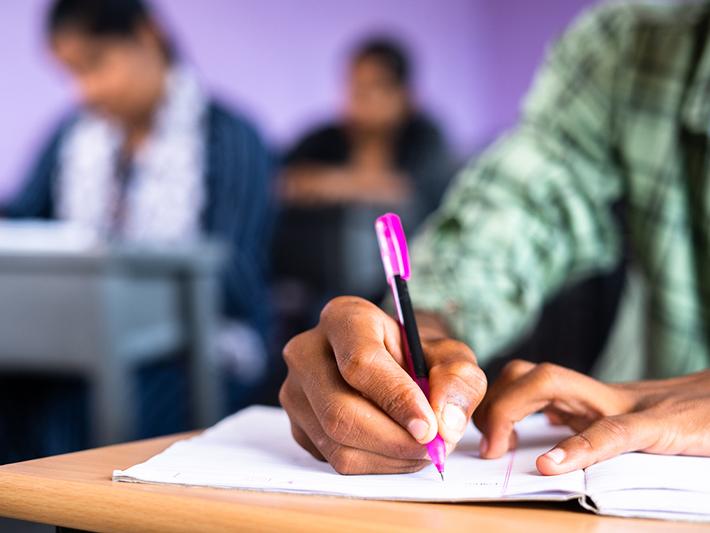Professional advice for early career researchers (ECRs) - from PhD students to postdocs and those vying for early faculty roles – alongside tips for those who manage ECRs. Find insight to support academic career development and protect well-being from higher education peers around the world. Our contributors provide guides on writing, presenting, getting published, time management, mental health, networking and much more.

















































